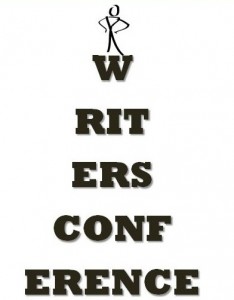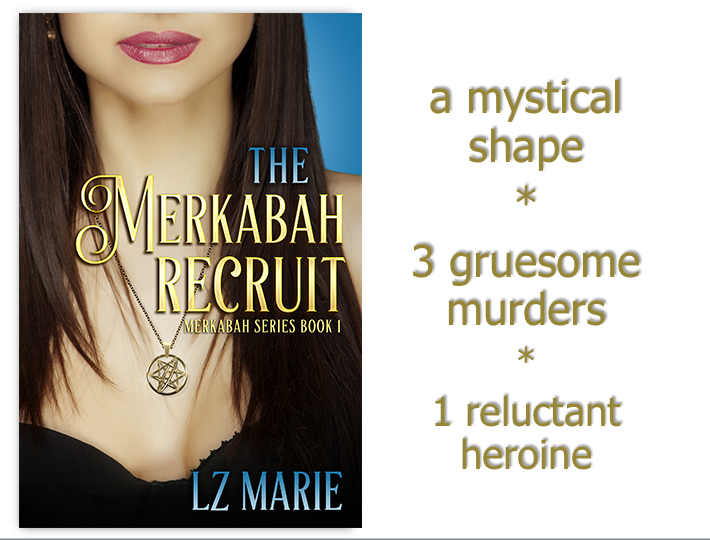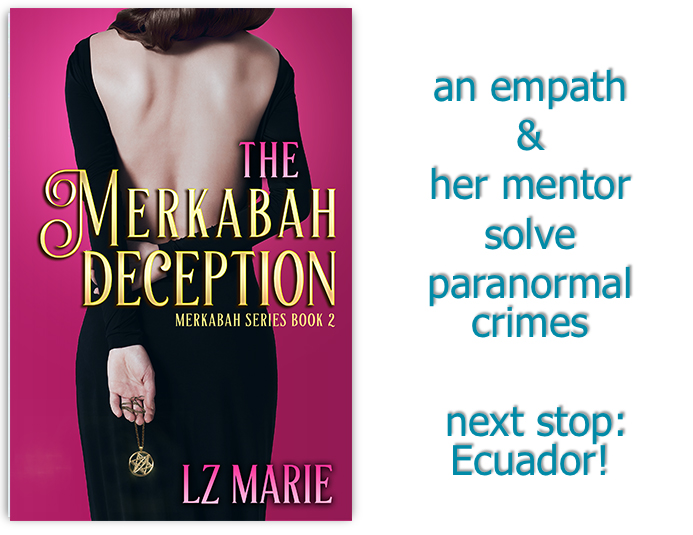 Writers conferences are a wonderful chance to learn about the craft of writing and publishing industry. And if you have the time and the funds I recommend attending a few. However, sometimes writers enter with closed minds. As a lifelong student of life if someone with credibility gives me advice I pay attention.
Writers conferences are a wonderful chance to learn about the craft of writing and publishing industry. And if you have the time and the funds I recommend attending a few. However, sometimes writers enter with closed minds. As a lifelong student of life if someone with credibility gives me advice I pay attention.
1. LISTEN when people in the know tell you something be it about craft, social media, or an ‘insider tip.’
Not So Good 1: While waiting in a looooong line at an agent pitching session I asked the writer in front of me what his novel was about. He launched into a summary that began with “In the beginning…”. I suggested preparing a 1-sentence pitch or hook. He sneered, “Impossible. It can’t be done. The agents will just have to listen to me.”
Industry Expectation: Agents expect the writer to capture their interest with a 1-sentence or quick hook. Long-winded explanations don’t go over well. Agents want to hear about the conflicts, the a-ha moment ( epiphany ), themes, and the premise or concept.
Not So Good 2: After reading 2-pages from her novel many folks in a critique session asked how that scene related to her story. The writer replied that it was “just filler” because she needed “more words.” When the critique team suggested cutting scenes that didn’t drive the plot forward the writer replied, “I’ll just move it to the end of the story then.”
Industry Expectation: Every scene should drive the story forward.
Not So Good 3: A writer insisted the theme of her novel was love. When I pointed out that love was a topic and not a theme and offered a few examples ( the power of love, the cost of forbidden love ) she rolled her eyes.
Industry Expectation: It’s good to have a theme or two. Maybe the agent asks, maybe they don’t. Best be prepared.
2. ASK the right questions. Not So Good questions:
- “What are your submission instructions?” It’s on the agent’s or publisher’s website!
- “How do I write a query?” There is tons of information on the internet. Type ‘How to write a novel query’ in the search bar.
- “What genre do you take?” It’s on the agent’s or publisher’s website.
- “Why do I need an agent?” Once again, a plethora of info about agents, self-publishing, and traditional publishing is available on the internet.
- Do you see a trend here? Good!
3. FAMILIARIZE yourself with the writing process. I’ve had folks ask me to explain climax, story arc, point-of-view, theme, genre, characterization, trope…actually almost everything about “those literature terms.” It’s fun to help them out ( I do teach literary analysis ) but there is also a flood of information and tips out there by big name authors and literature professors and English teachers.
Not So Good 4: A writer told me she had no idea what the POV of her murder mystery novel was in and that it didn’t matter because she “told a great story.”
Industry Expectation: Point of view can make or break a story. Agents expect writers to choose the best one for their particular story.
Not So Good 5: A writer insisted conflict was not necessary in her novel.
Industry Expectations: Stories need conflict and follow a story arc.
4. RESEARCH the industry expectations and standards. There is a plethora of very credible information on the internet. There is information about how to write a query, a summary, a 1-sentence pitch, an elevator pitch, and the whole publishing process.
Not So Good 6: A new writer announced in a 100-person session that he didn’t worry about editing and typos because “I don’t know that grammar and punctuation shit. The publisher will fix it all up.” After a collective groan from others in the audience and after the agent panel explained why it was important to submit a well-edited and typo-free manuscript the writer proceeded to argue with these professional agents and publishing editors. Not only did this writer demonstrate his compete inexperience with the process his argumentative personality revealed just how difficult it would be to work with him on a project.
Industry Expectation: If you don’t know that “grammar and punctuation shit” then it will behoove you to pay $$$ for a line edit ( not a cheap one ) before submitting to an agent.
4. NETWORK. Talk to everyone. Ask questions. Introduce yourself. Friend each other on Facebook and follow on Twitter. Ask about the sessions they’ve attended. Inquire about other conferences. For Pete’s sake introduce yourself at those luncheons where they place you at a table with a bunch of strangers. “Hi, My name is_______. What do you write?”
5. EMBRACE THE CHALLENGES. I can’t tell you how many times I’ve heard writers say they don’t have time to blog or tweet. Or complain that writing a query is “too hard” or learning how to navigate social media is “too confusing.” I’ve also heard new writers complain that rewriting is boring. Writing IS rewriting!
6. DETERMINE if the conference you want to attend is suitable for your needs. I attended a “pitch session” where the panel of agents argued amongst themselves about my novel’s genre ( my novel is not YA, I insisted) and talked more than I did! ( This wasn’t my first conference pitch session so I knew what to expect. ) I’ve attended GREAT conferences when I returned home armed with FABULOUS information and not-so-great conferences that made me feel bad. One conference coordinator tried to bully me into attending an all-night critique session.
Check the conference’s website for the kinds of sessions offered. Are they all Read & Critique? Do they offer lessons in craft? Do they offer classes or sessions that fit your particular needs? A newbie has different needs than a ‘pro.’ Check the websites of the agents in attendance. Is there an opportunity to pitch your novel? What are the requirements or fee? Do those agents accept manuscripts in your genre? I highly recommend ( if offered ) paying for agent/editor critique session. You will get honest feedback, which is what every writer needs!
7. BEWARE: Don’t believe everything other writers tell you. Check the facts yourself. Many of us have a smart phone. Use it! If a writer claims to have ten thousand Twitter followers you can verify it for yourself. You can also determine if their followers were bought. A writer claims to be “award-winning?” Discover if the ‘award’ is something they paid for. A writer claims to have an ‘amazing’ website? Google it and check it for yourself. I’ve heard lots of tall tales ( we are in the business of story telling after all ) during conferences and some downright misinformation.
Not So Good 6: A writer told everyone that Agent X was no longer accepting new clients and not to pitch to her during the pitch session. This, of course, turned out to be a lie.
8. A FEW TIPS:
- Screen shot the headshot of those agents you intend to pitch along with their likes and dislikes. Most pitching sessions require the writer to find the agent in a large room filled with other agents. A quick check on your phone will refresh your memory.
- If your elevator pitch or 1-sentence hook does not yet flow off your tongue make it your screen saver on your phone. By the end of the day it should be embedded into your brain.
- Take notes. Be adaptable. Be open to new ideas.
- Come home and put everything you learned into action.
- Research your genre.
- Research agents.
- Research the publishing industry.
- Research the conferences.
Have fun at your next conference!
Related posts: Rock Your Writing; Readin’ & Writing’; Symbols & More Symbols














